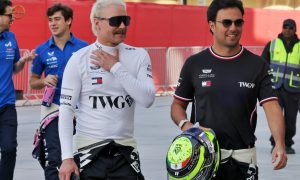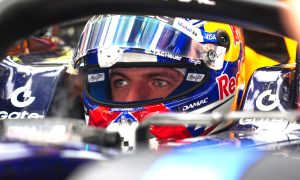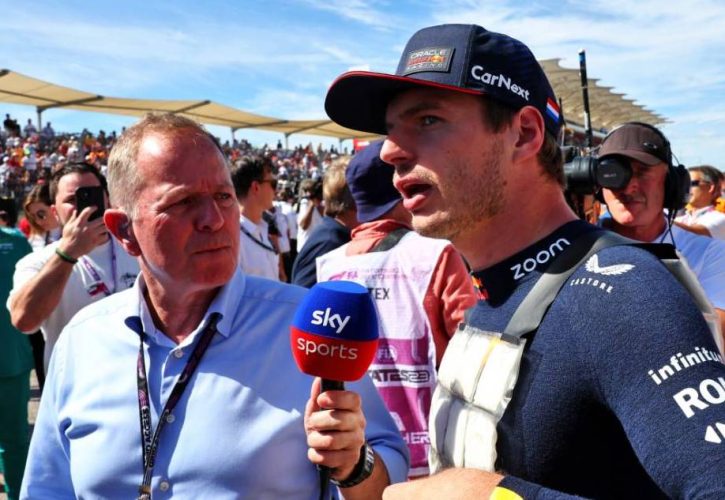
Sky Sports F1 commentator Martin Brundle has dismissed claims of a British media bias against Max Verstappen, responding to recent criticisms from the Red Bull driver and the team’s former long-standing designer, Adrian Newey.
In an interview last summer on the High Performance Podcast, Newey suggested that Sky F1’s coverage had unfairly targeted Verstappen after his controversial 2021 Abu Dhabi Grand Prix title win, drawing parallels to the treatment Sebastian Vettel often received during his dominant years in F1 with Red Bull.
Newey argued that Sky’s coverage can come across as “quite nationalistic.”
Verstappen himself echoed these sentiments recently when he questioned the absence of British media after his stunning victory at the Sao Paulo Grand Prix.
“I don’t see any British press, did they have to run to the airport?” he said.
The sarcastic remark followed similar commentary at last September's Singapore Grand Prix, when the Dutchman suggested that the negative attention he received in the paddock might be attributed to him holding the “wrong passport.”
Brundle, a key figure on the British broadcasting scene since the late 1990s with ITV, the BBC and Sky, directly addressed these accusations during an episode this week of the Sky F1 podcast, when asked if Sky’s coverage does, in fact, favor British drivers.
“No, I don’t think we do,” he responded. “I don’t think there’s any… I mean, I’m a Brit, I’m a former British Formula 1 driver, and we’re broadcasting primarily to a British broadcaster [audience].
“Others take our feed all the way around the world, so do we?
“We’re nothing like… When I watch the Olympics or the World Cup or the European Cup, obviously, your commentators are fervently pro whichever country they’re from.
“I don’t think we do that, I like to think we’re pretty balanced, I really do.”
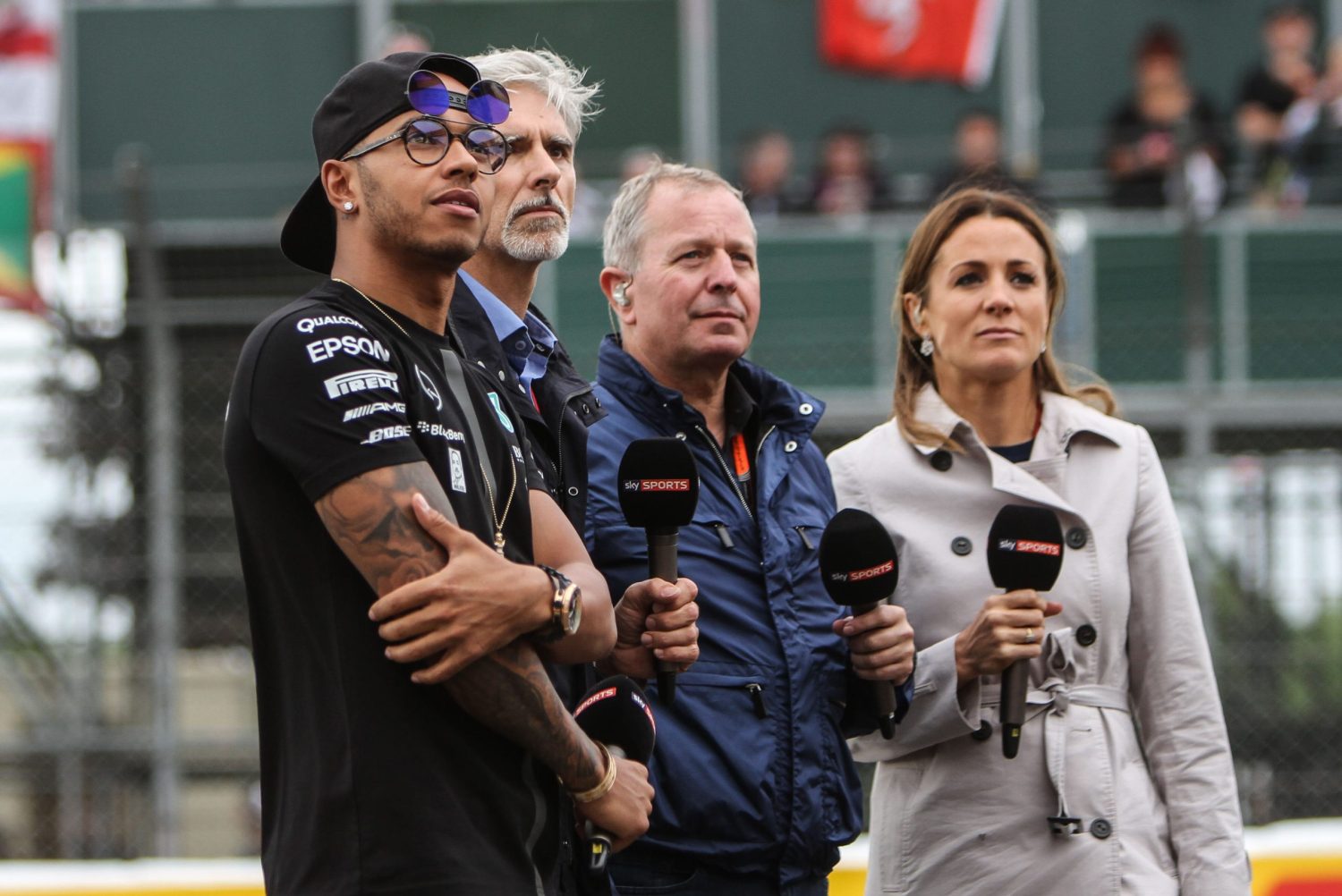
Brundle noted that criticism is a common aspect of the job, revealing that the broadcast team often receives negative feedback from all sides. The intense passion of F1 fans, coupled with the global reach of Sky’s coverage, often results in a strong response whenever a hint of a perceived bias or negative comment arises.
“Actually, we get flack from pretty much everybody,” Brundle added.
“What I have learned in these 27, 28 years is that you can say 1000 positive things about somebody, ten thousand, and one negative will get back to them and their fans get onto it, or their family and friends tell them. And I get a few cool, sideways glances sometimes.”
In recounting his time in F1 commentary, Brundle shared an anecdote from his interactions with drivers over the years, pointing out that positive feedback from drivers is exceedingly rare.
“Nobody ever comes up to you and says, ‘Thank you very much for what you said about me.’ I did have it once, actually,” Brundle noted.
“It was Nico Rosberg, and he came up to me in Malaysia, a million years ago, said, ‘I’d like to thank you for what you said about me last weekend.’ I said, ‘Okay, I really appreciate that, because I’ve got to be honest with you, you’re the first driver that’s ever said anything to me like that and by the way, the last.’”
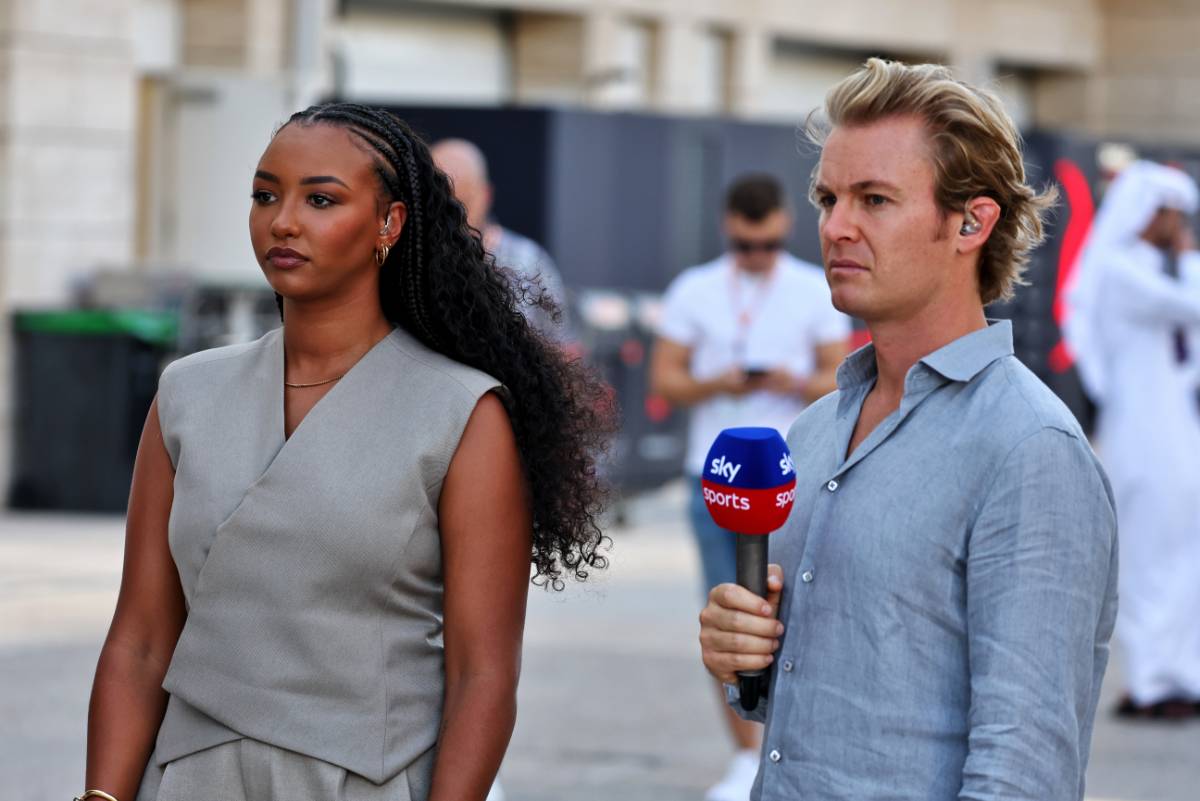
Brundle recounted that even Rosberg’s praise came indirectly.
“I said, ‘If you don’t mind, what did I say that you liked? Just for my reference?’ He said, ‘I don’t know. My mum told me I needed to thank you.’ So actually, I still haven’t been thanked by a driver for something!”
In an era where F1 is growing increasingly global and fan interest is more international than ever, Brundle’s response underscores the complexities and challenges faced by media outlets covering the sport.
The ongoing scrutiny of perceived bias, especially in national broadcasts, remains an intricate aspect of F1’s broadening appeal across the world.
Keep up to date with all the F1 news via Facebook and Twitter





